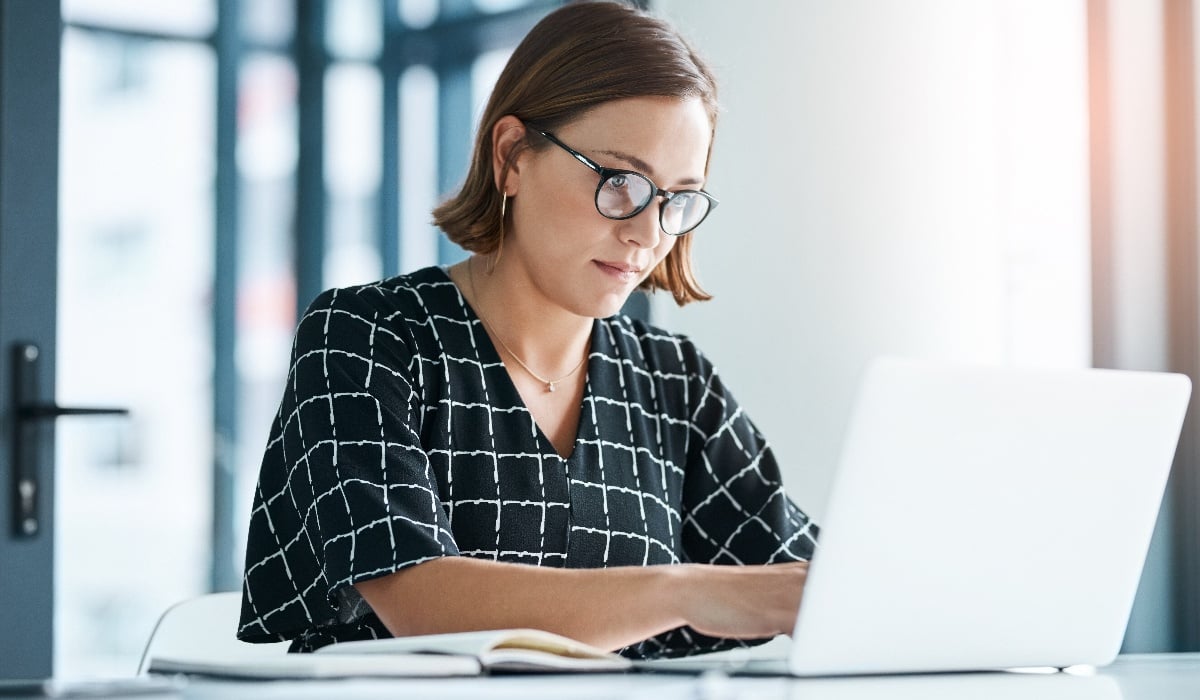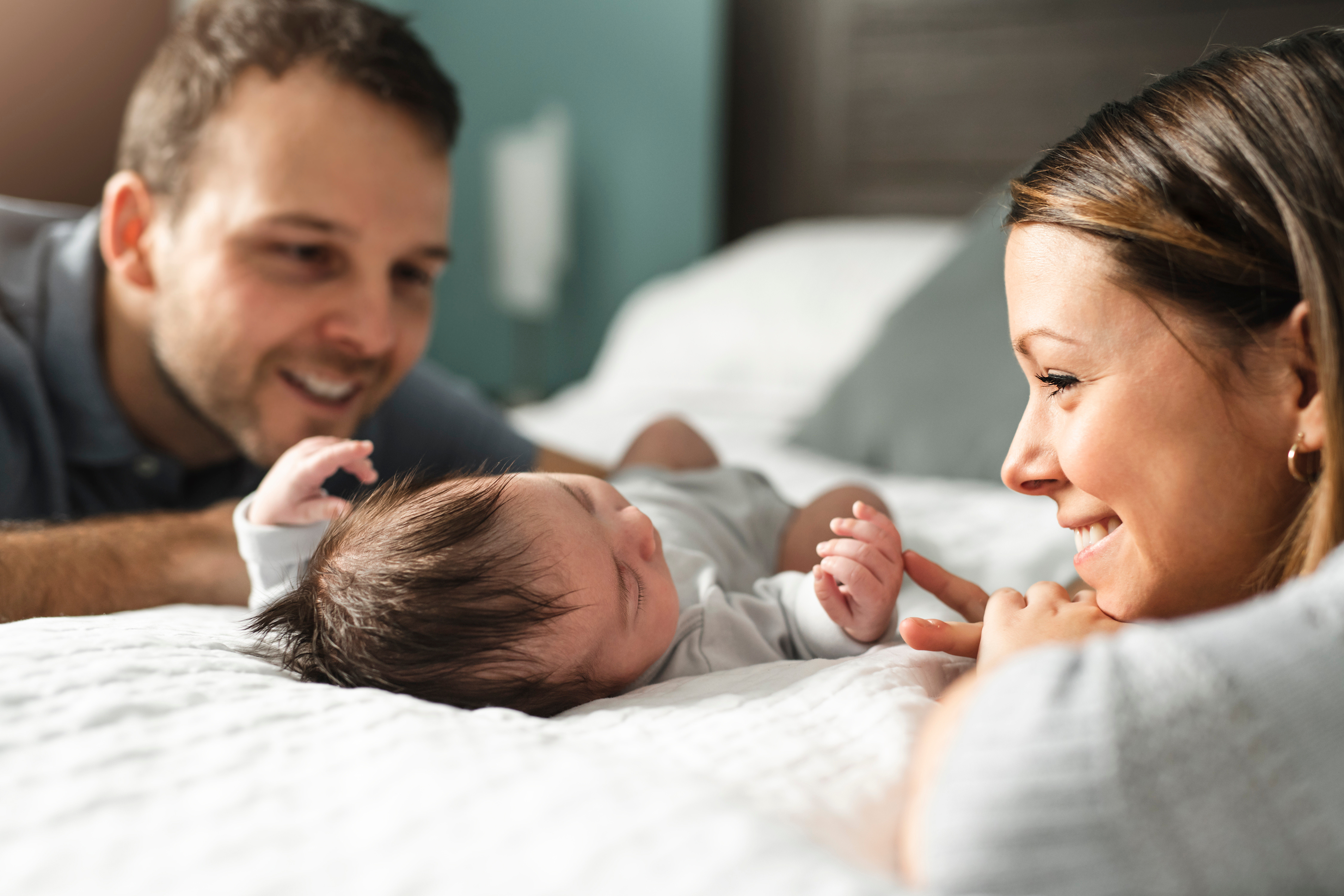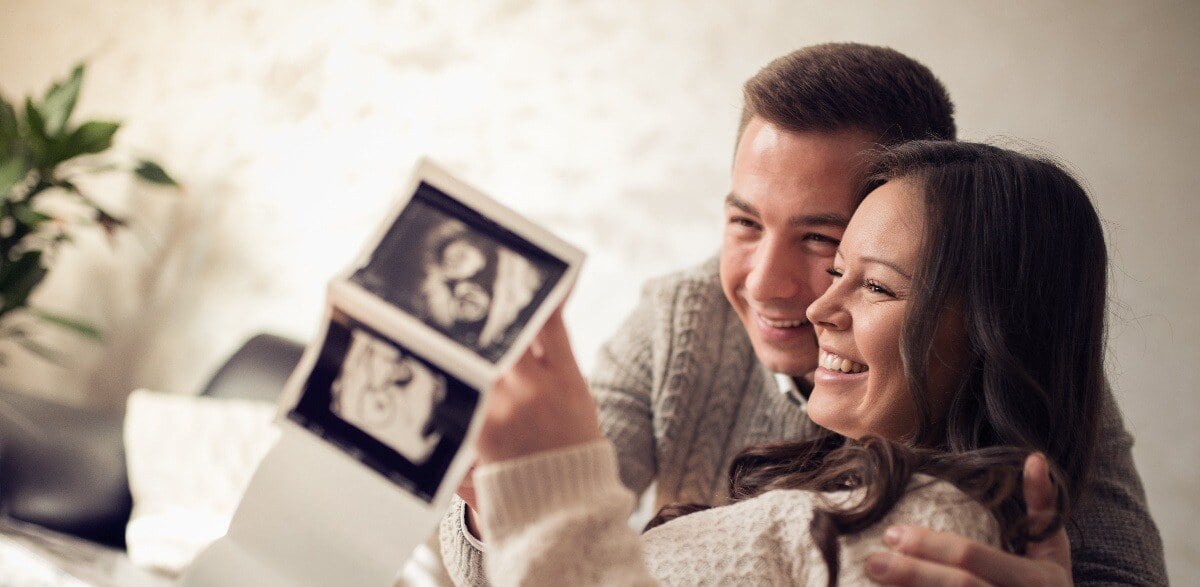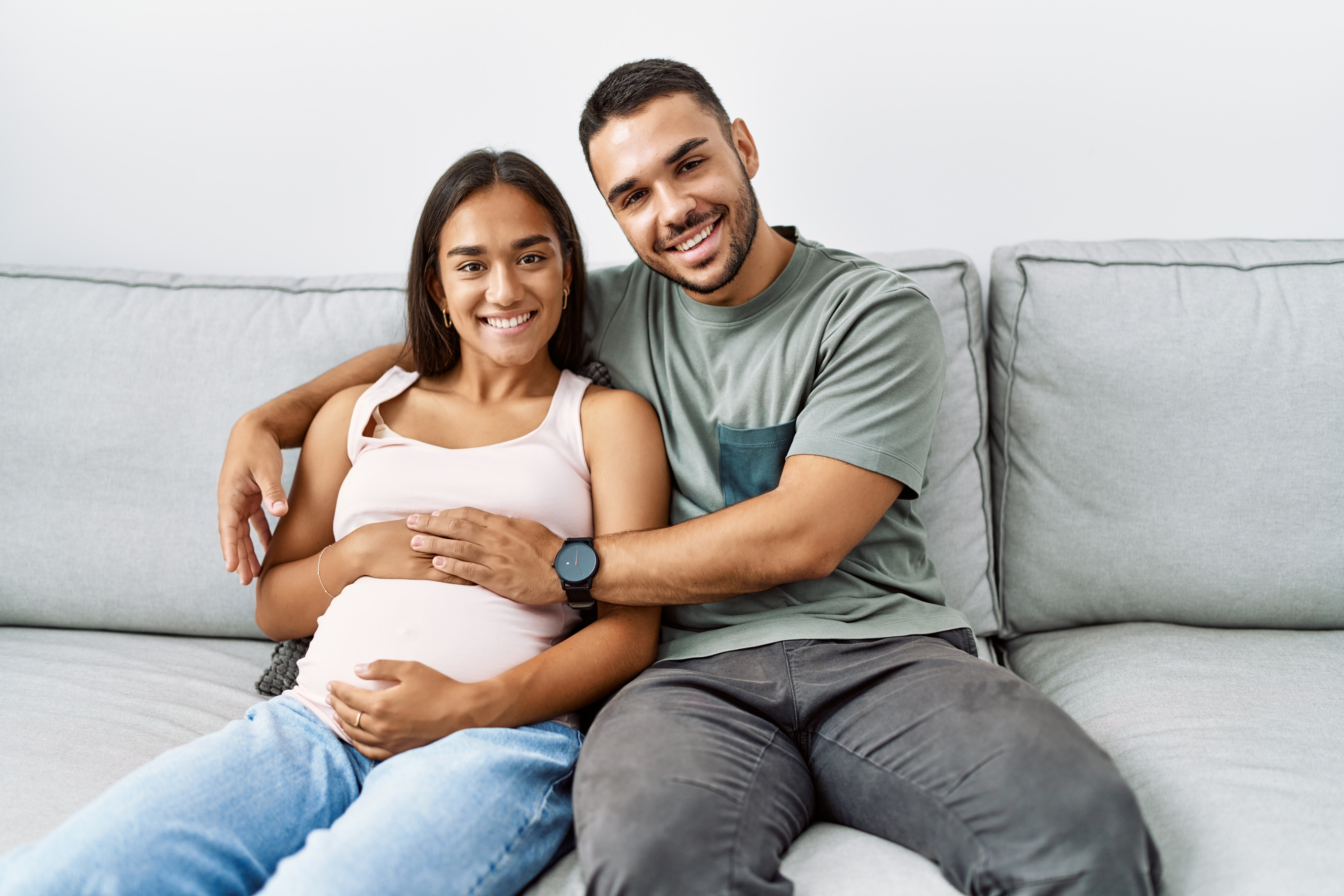Published
You notice a tell-tale feeling of cramping in your lower belly. It's your period. However, you know that this is just the beginning. Soon, the pain will be excruciating, and no amount of Midol, heating pads or tea will help you.
So, what's going on?
Most women experience mild cramps around the time of the period. However, up to 20% of American women get really painful periods, periods so painful that they can't participate in their usual activities.
So, why does this happen to so many women?
Causes of Painful Periods (Dysmenorrhea)
The pain you experience during your period is called dysmenorrhea. There are two types of dysmenorrhea: primary and secondary. Primary dysmenorrhea is period pain that starts when you first get your period and typically diminishes as you age. Secondary dysmenorrhea is when your period pain worsens as you age or interferes with your ability to live your life normally.
Here are some of the main causes of secondary dysmenorrhea:
Painful Periods After Miscarriage
The first period after a miscarriage may be heavier and more painful than usual. This is because there was no ovulation during the previous cycle, so the endometrial lining (uterine lining) may be thicker than usual. In fact, you may even see a little clotting in this first period.
Painful Menstrual Cycles Related to PCOS
PCOS, or Polycystic Ovary Syndrome, is a hormonal condition that typically affects women of childbearing age. PCOS may not necessarily cause painful periods, but it may cause pelvic pain, which can be hard to distinguish from cramps. If you think you might be suffering from PCOS, you can take our quiz to learn more.
Endometriosis and Painful Periods
Endometriosis is a common cause of painful periods. In this condition, the endometrial lining becomes attached to areas other than the uterus, such as the pelvis, the fallopian tubes, or the ovaries. The endometrial tissue acts just like it would in your uterus, getting thicker and then breaking down and bleeding every time you get your period. However, because it has nowhere to go, it can irritate the surrounding tissue and cause pain. Endometriosis is not easy to diagnose, but with an out-patient laparoscopic surgery, a qualified doctor can not only confirm the diagnosis, but remove the cause of the pain! If you think you might be suffering from PCOS, you can take our quiz to learn more.
Painful Periods Since Trying to Conceive
If you've noticed that your period is painful since trying to conceive, you should speak with your doctor. Any number of conditions, including an ectopic pregnancy, could be causing your painful periods. Other medical conditions may also be causing your painful periods while also affecting your ability to conceive.
Other Medical Conditions that Cause Painful Periods
Many other medical conditions may be the cause of your painful periods. Here are a few examples:
- Fibroids
- Adenomyosis
- Crohn's disease
- Pelvic inflammatory disease
- Cervical stenosis
If you are suffering from any of these conditions, don't fret, there are many ways to help alleviate your pain and even fix the underlying cause!
How to Get Rid of Painful Periods
How can you get relief? There are many possible solutions for painful periods.
Painful Period Treatment Options
The first step on your journey to relieving extreme period pain is to visit your gynecologist. Your doctor will help discover the underlying cause of your pain and determine the most effective treatment options for you.
Some common treatment methods for painful periods include hormonal birth control pills and over the counter pain relievers. However, in some cases, your doctor may recommend surgery to improve your pain. For example, minimally invasive surgery can often improve pain related to endometriosis by removing the endometrial tissue outside of the uterus.
While you're waiting to see your doctor, there are also a few things you can do at home.
Home Remedies for Painful Menstrual Cycles
Try a few of these home remedies to relieve your menstrual pain:
- Apply heat by using a hot water bottle or heating pad.
- Move your body. Exercising produces chemicals that block pain.
- Do yoga or meditate. This can help you relax and cope with the pain.
Questions to Ask Your Doctor About Painful Periods
It's important for everyone to understand their own health and the conditions affecting them. If you're concerned about your period pain, here are some questions you might ask your gynecologist:
- What do you suspect is the cause of my painful periods?
- What tools or tests will you use to diagnose me? Will an ultrasound or laparoscopic surgery be necessary?
- Will my period pain affect my fertility?
- What are my treatment options?
No one should experience periods that are so painful they can't complete their everyday routines. With an experienced doctor's help, you can get relief from your pain and treat any underlying conditions effectively. If you are also considering having a baby soon or protecting your future fertility, painful periods can be a sign of fertility issues. To talk to a fertility expert at Kofinas Fertility Group in New York, request an appointment below to speak with a patient liaison!



